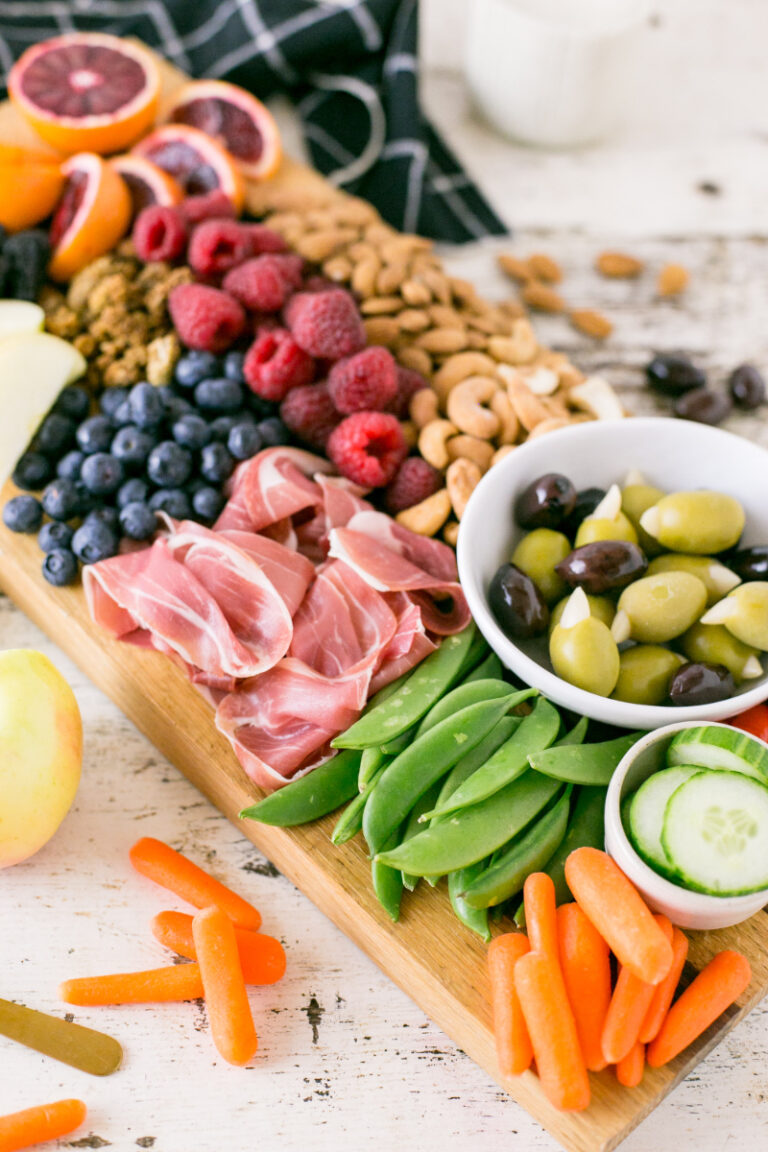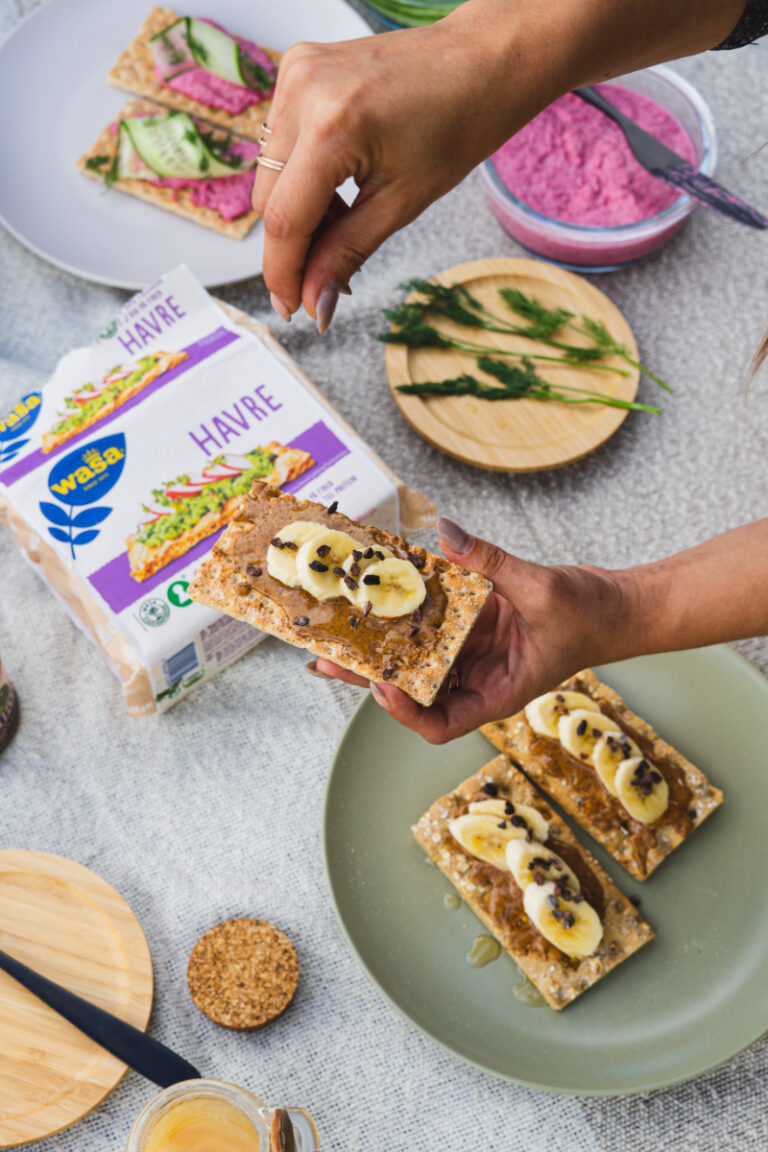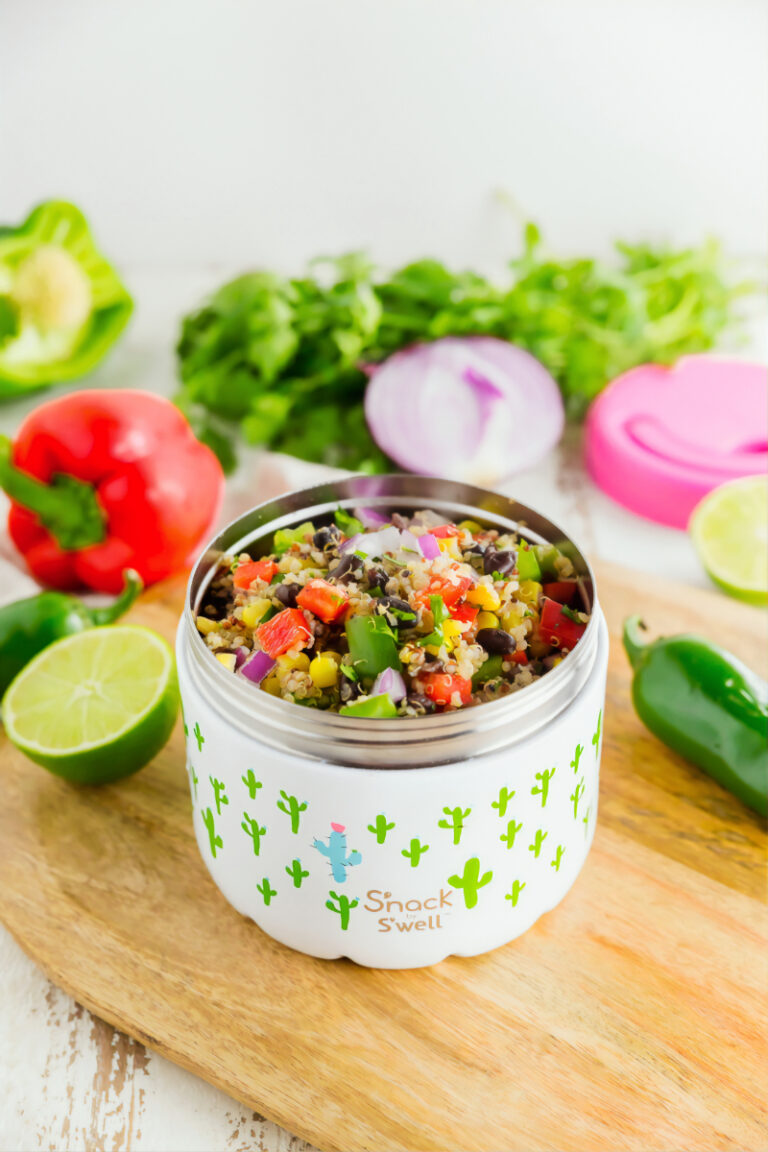Healthy and Fun Preschool Snack Ideas
Are you struggling to come up with healthy and tasty snack ideas for your preschooler? As a parent, you want to ensure that your child is getting the nutrition they need, but it can be challenging to find snacks that are both nutritious and appealing to young taste buds. Fortunately, there are plenty of options that meet both criteria, and we’re here to help you discover them.
In this article, we’ll provide you with a variety of preschool snack ideas that are easy to prepare, nutritious, and delicious. We understand that you may not have a lot of time to spend in the kitchen, so we’ve included ideas that require little to no prep work. From fresh fruits and veggies to store-bought snacks, we’ve got you covered. Plus, we’ll give you tips on how to involve your child in the snack-making process, making it a fun and educational activity for both of you. So, let’s get started on finding the perfect snacks for your little one.
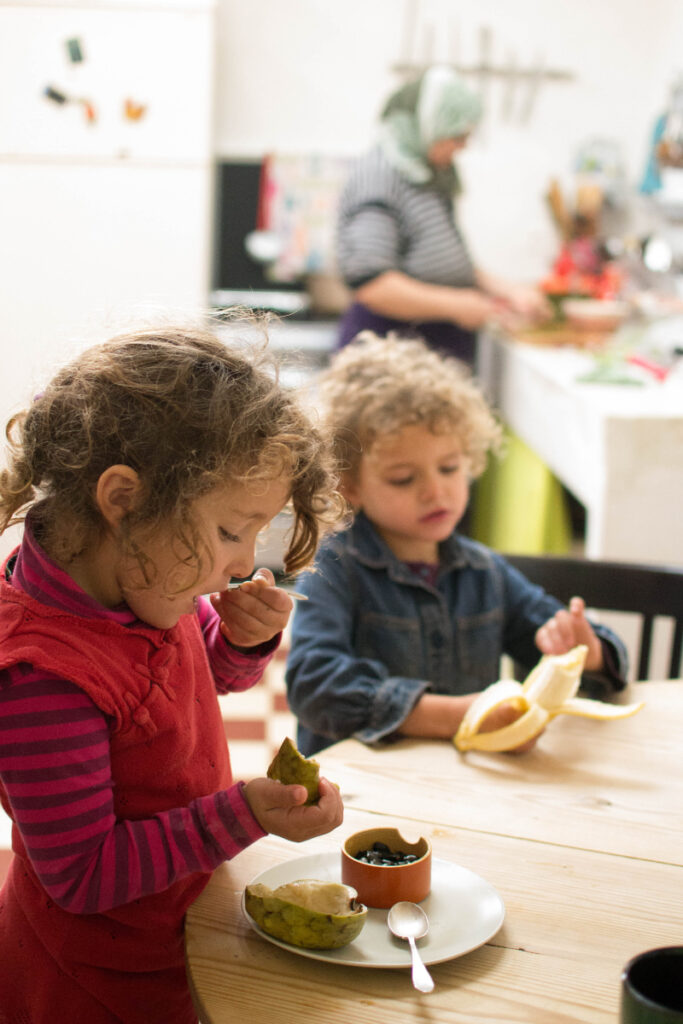
Understanding Preschoolers’ Nutritional Needs
As a parent or caregiver, it’s important to understand the nutritional needs of preschoolers. This will help you provide them with the right balance of nutrients to support their growth and development. Here are some key things to keep in mind:
Portion Sizes
Preschoolers have small stomachs, so they need to eat smaller, more frequent meals and snacks throughout the day. A good rule of thumb is to offer them 3 meals and 2-3 snacks per day. Keep portions small, and let them ask for more if they’re still hungry.
Nutrient Requirements
Preschoolers need a variety of nutrients to support their growth and development. Here are some key nutrients to focus on:
- Protein: Helps build and repair tissues, and supports immune function. Good sources include lean meats, poultry, fish, eggs, beans, and tofu.
- Calcium: Important for bone and teeth development. Good sources include dairy products, leafy greens, and fortified foods.
- Iron: Helps make red blood cells, which carry oxygen throughout the body. Good sources include lean meats, poultry, fish, beans, and fortified cereals.
- Fiber: Helps regulate digestion and prevent constipation. Good sources include fruits, vegetables, whole grains, and beans.
Food Safety
Preschoolers are more vulnerable to foodborne illness, so it’s important to take extra precautions when preparing and storing their food. Here are some tips to keep in mind:
- Wash your hands and surfaces often.
- Use separate cutting boards for raw meat and produce.
- Cook meat and poultry to the proper temperature.
- Store food at the proper temperature.
- Avoid giving preschoolers foods that are choking hazards, such as popcorn, nuts, and hard candy.
By keeping these factors in mind, you can provide your preschooler with the nutrients they need to grow and thrive.
Easy and Healthy Preschool Snack Ideas
When it comes to choosing snacks for your preschooler, it can be challenging to find options that are both healthy and appealing to their taste buds. Luckily, there are plenty of easy and nutritious snack ideas that your little one will love. Here are some ideas to get you started:
Fruits and Vegetables
Fruits and vegetables are an excellent choice for a healthy and refreshing snack. They are packed with vitamins and minerals that are essential for your child’s growth and development. Here are some easy and tasty options:
- Sliced apples or pears with a side of almond butter or peanut butter
- Baby carrots or celery sticks with hummus or ranch dressing
- Sliced cucumbers or cherry tomatoes with a sprinkle of salt and pepper
- Grapes or berries with a side of yogurt for dipping
Dairy-Based Snacks
Dairy-based snacks are an excellent source of calcium, which is essential for your child’s bone health. Here are some easy and tasty options:
- Cheese sticks or cubes with whole-grain crackers
- Yogurt with granola or fresh fruit
- Cottage cheese with sliced peaches or pineapple
- Milk or chocolate milk with a side of graham crackers
Whole Grain Snacks
Whole-grain snacks are an excellent source of fiber, which helps keep your child feeling full and satisfied. Here are some easy and tasty options:
- Popcorn (make sure to choose a low-sugar and low-salt option)
- Whole-grain crackers with a side of hummus or cheese
- Mini whole-grain bagels with cream cheese or peanut butter
- Freshly baked whole-grain muffins with a side of fruit
Protein-Packed Snacks
Protein is essential for your child’s growth and development, and it also helps keep them feeling full and satisfied. Here are some easy and tasty options:
- Hard-boiled eggs with a side of whole-grain crackers
- Turkey or ham roll-ups with cheese and lettuce
- Roasted chickpeas or edamame
- Nut butter and banana roll-ups
With these easy and healthy snack ideas, you can feel confident that your preschooler is getting the nutrition they need to thrive.
Allergy-Friendly Snack Ideas
If your child has food allergies or intolerances, finding the right snacks to send to preschool can be a challenge. Fortunately, there are plenty of tasty and nutritious options that are safe for kids with common allergies. Here are some ideas for gluten-free, dairy-free, and nut-free snacks that your little one is sure to love.
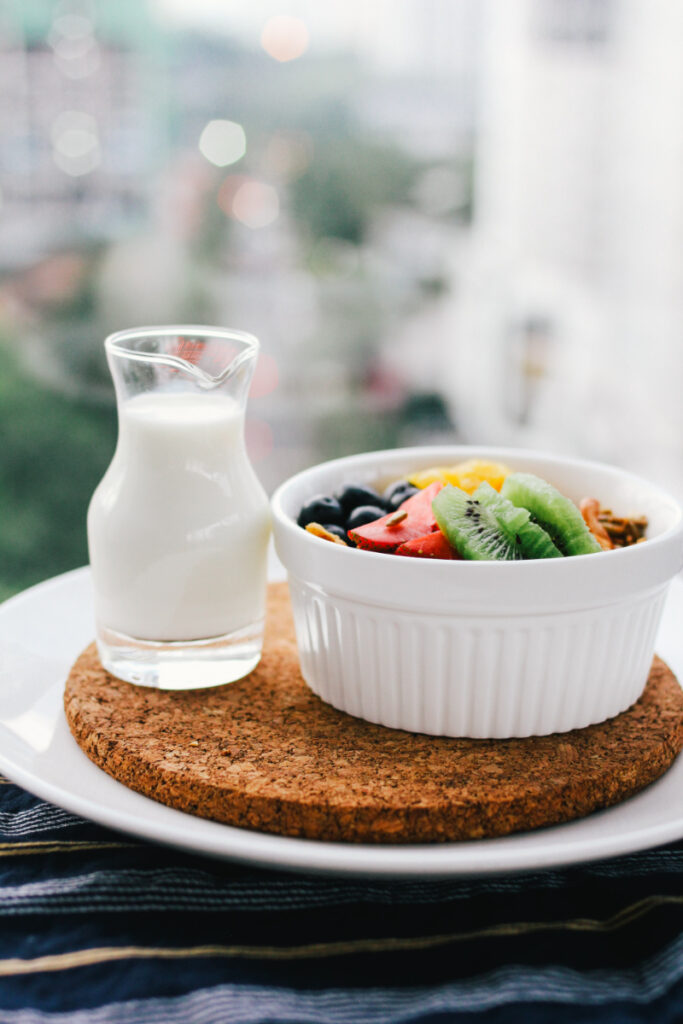
Gluten-Free Snacks
Gluten is a protein found in wheat, barley, and rye, so snacks that contain these grains are off-limits for kids with celiac disease or gluten sensitivity. Luckily, there are many gluten-free options that are just as delicious. Here are some ideas:
- Fresh fruit, such as apple slices, grapes, or berries
- Raw veggies, like carrot sticks, cucumber slices, or cherry tomatoes
- Rice cakes or gluten-free crackers with hummus or guacamole
- Popcorn (make sure it’s labeled gluten-free)
- Yogurt with gluten-free granola or fruit
- Gluten-free pretzels or pretzel sticks
- Gluten-free muffins or banana bread
- Gluten-free energy bars or protein balls
Dairy-Free Snacks
If your child is lactose intolerant or has a milk allergy, there are plenty of dairy-free snacks that still provide important nutrients like protein and calcium. Here are some ideas:
- Fresh fruit with dairy-free yogurt or whipped cream
- Rice cakes or gluten-free crackers with dairy-free cheese or nut butter
- Hummus with veggie sticks or gluten-free pita chips
- Smoothies made with dairy-free milk, frozen fruit, and protein powder
- Gluten-free granola bars or energy balls made with dairy-free ingredients
- Dairy-free ice cream or sorbet (check the label for allergens)
- Dairy-free chocolate or carob chips with dried fruit or nuts
Nut-Free Snacks
Nuts are a common allergen, so it’s important to be vigilant about avoiding them in snacks for preschoolers. Here are some nut-free snack ideas that are still delicious and nutritious:
- Fresh fruit with sunflower seed butter or hummus
- Rice cakes or gluten-free crackers with cheese or avocado
- Popcorn (make sure it’s labeled nut-free)
- Gluten-free granola bars or energy balls made with seeds or seed butter
- Roasted chickpeas or edamame
- Veggie chips or kale chips
- Yogurt with fresh fruit and granola (make sure the granola is nut-free)
- Nut-free trail mix with dried fruit and seeds
Remember to always check the labels on packaged snacks to make sure they’re safe for your child’s allergies. With these allergy-friendly snack ideas, your little one can enjoy delicious and nutritious treats while staying safe and healthy at preschool.
Fun and Creative Snack Ideas
When it comes to snack time, preschoolers can be picky eaters. To make snack time more enjoyable and fun, try out these creative snack ideas that are sure to delight your little ones.
Themed Snacks
Themed snacks are a great way to add some excitement to snack time. Here are some ideas to get you started:
- Animal crackers and fruit: Arrange animal crackers in a fun design on a plate and add some colorful fruit to create a safari-inspired snack.
- Pirate’s booty: Mix together popcorn, goldfish crackers, and pretzel sticks to create a treasure chest snack for your little pirate.
- Teddy bear toast: Toast a slice of bread, spread some peanut butter on top, and add banana slices for ears and raisins for eyes to create an adorable teddy bear snack.
Colorful Snacks
Colorful snacks are a great way to get your little ones excited about healthy foods. Here are some ideas to try:
- Rainbow fruit skewers: Cut up a variety of colorful fruits and arrange them on skewers to create a rainbow-inspired snack.
- Veggie plate: Arrange a variety of colorful vegetables on a plate, such as carrots, cucumbers, and cherry tomatoes, to create a colorful and healthy snack.
- Yogurt parfait: Layer yogurt, granola, and a variety of colorful fruits, such as strawberries, blueberries, and kiwi, to create a delicious and colorful snack.
Shape-Based Snacks
Shape-based snacks are a fun way to add some creativity to snack time. Here are some ideas to try:
- Cheese and cracker shapes: Use cookie cutters to cut cheese and crackers into fun shapes, such as stars or hearts.
- Fruit shapes: Use a small cookie cutter to cut fruit into fun shapes, such as watermelon stars or apple hearts.
- Pretzel shapes: Use pretzel dough to create fun shapes, such as pretzel snakes or pretzel butterflies.
With these fun and creative snack ideas, snack time will be something your preschooler looks forward to every day.
Tips for Encouraging Healthy Eating Habits
Encouraging healthy eating habits in preschoolers can be challenging, but it is an essential part of promoting their overall health and well-being. Here are some tips to help you encourage healthy eating habits in your preschooler:
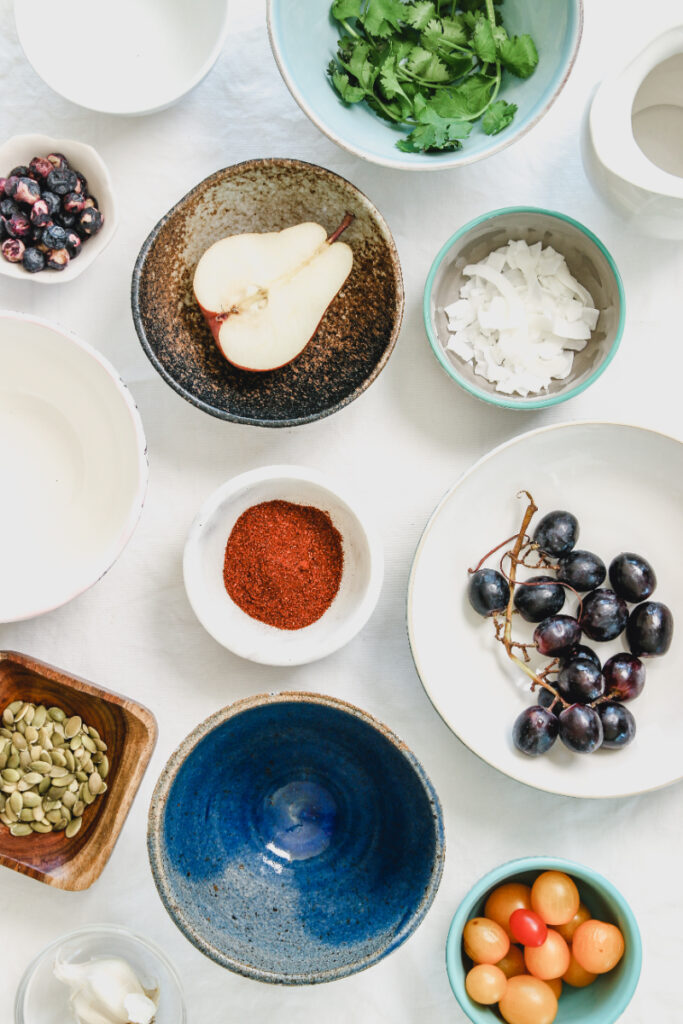
1. Be a Role Model
Children learn by example, so it is essential to model healthy eating habits yourself. Make sure you are eating a balanced diet that includes plenty of fruits, vegetables, whole grains, and lean protein. When your child sees you enjoying healthy foods, they are more likely to want to try them too.
2. Get Your Child Involved
Involve your child in meal planning and preparation. Take them grocery shopping with you and let them pick out fruits and vegetables they want to try. Encourage them to help you prepare meals by washing fruits and vegetables, stirring ingredients, and setting the table. When children are involved in the process, they are more likely to try new foods.
3. Make Healthy Foods Fun
Make healthy foods fun by presenting them in creative ways. Cut fruits and vegetables into fun shapes, use cookie cutters to make sandwiches into fun shapes, and use colorful plates and bowls. Children are more likely to eat healthy foods when they are presented in a fun and appealing way.
4. Offer a Variety of Foods
Offer a variety of healthy foods at each meal, including fruits, vegetables, whole grains, and lean protein. This will help ensure that your child is getting all the nutrients they need to grow and develop. Offer new foods alongside familiar favorites to encourage your child to try new things.
5. Limit Sugary Drinks and Snacks
Limit sugary drinks and snacks, as they can contribute to tooth decay and obesity. Instead, offer water, milk, and 100% fruit juice in moderation. Offer healthy snacks like fresh fruit, vegetables with hummus, or whole-grain crackers with cheese.
By following these tips, you can help your preschooler develop healthy eating habits that will last a lifetime. Remember to be patient and persistent, as it may take several tries before your child is willing to try new foods.

